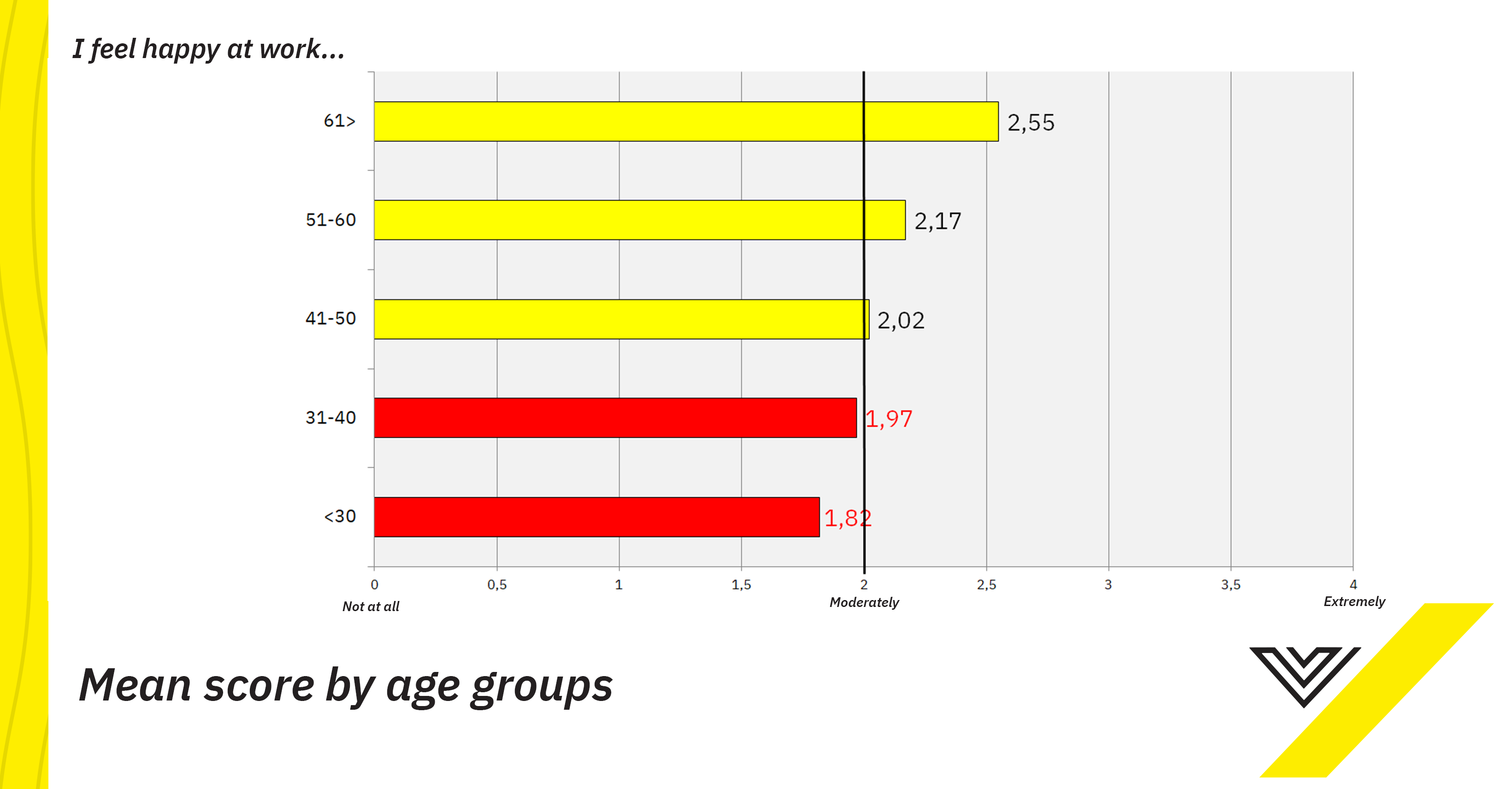Study reveals that younger veterinary professionals have higher burnout rates
Results from a recent study found that veterinary team members under age 30 had the highest burnout rates and were less enthusiastic about their jobs.
Jale Ibrak / stock.adobe.com

A recent survey from Veterinary Integration Solutions (VIS) named burnout as one of the most negative issues significantly impacting the veterinary profession. The study also revealed a shocking statistic: The younger generation of veterinary professionals, those under age 30, had the highest rates of burnout.
“This finding is even more alarming because in general, the veterinarian population is young. For example, 38 percent of US vets are age 40 and under,” says Ivan Zakharenkov, DVM, chief veterinary officer of Veterinary Integration Solutions, in this press release.
To assess the degree of burnout among veterinary practitioners, Zakharenkov conducted a survey using the professional fulfillment index (PFI), a tool initially developed by Mickey Trockel and his team at Stanford University. Zakharenkov pulled together a sample size large enough to represent the entire population of veterinary professionals including veterinarians, technicians, and administrative staff, according to a VIS release.
Study results revealed that while most veterinary professionals find their work meaningful and satisfying, burnout rates are increasing.
Respondents noted dangerously high levels of both physical and emotional exhaustion as well as high levels of distress. They also said they dreaded thinking about their sky-high workload.
According to study results, not only were the younger generation of veterinary professionals more prone to burnout, but were also more physically exhausted and less enthusiastic than any other age group surveyed.
“It’s harder for them to handle long hours or experience frustration from other factors such as the lack of control when dealing with problems at work,”says Zakharenkov.
Courtesy of Veterinary Integration Solutions.

Zaharenkov also observed that the COVID-19 pandemic was a major cause of burnout, largely because work caseloads nearly doubled for team members.
“Due to the pandemic and people being at home, there is a huge amount of new clients buying or adopting pets. While this is great for the industry, there are only so many hours in the day and clients are extremely demanding with regard to needing immediate appointments, and preventive services like shots or screening tests,” says Sandi Ryan, practice manager at Delaware Valley Veterinary Hospital, in the release.
To learn more about these survey results, go here. More key findings will be released separately.